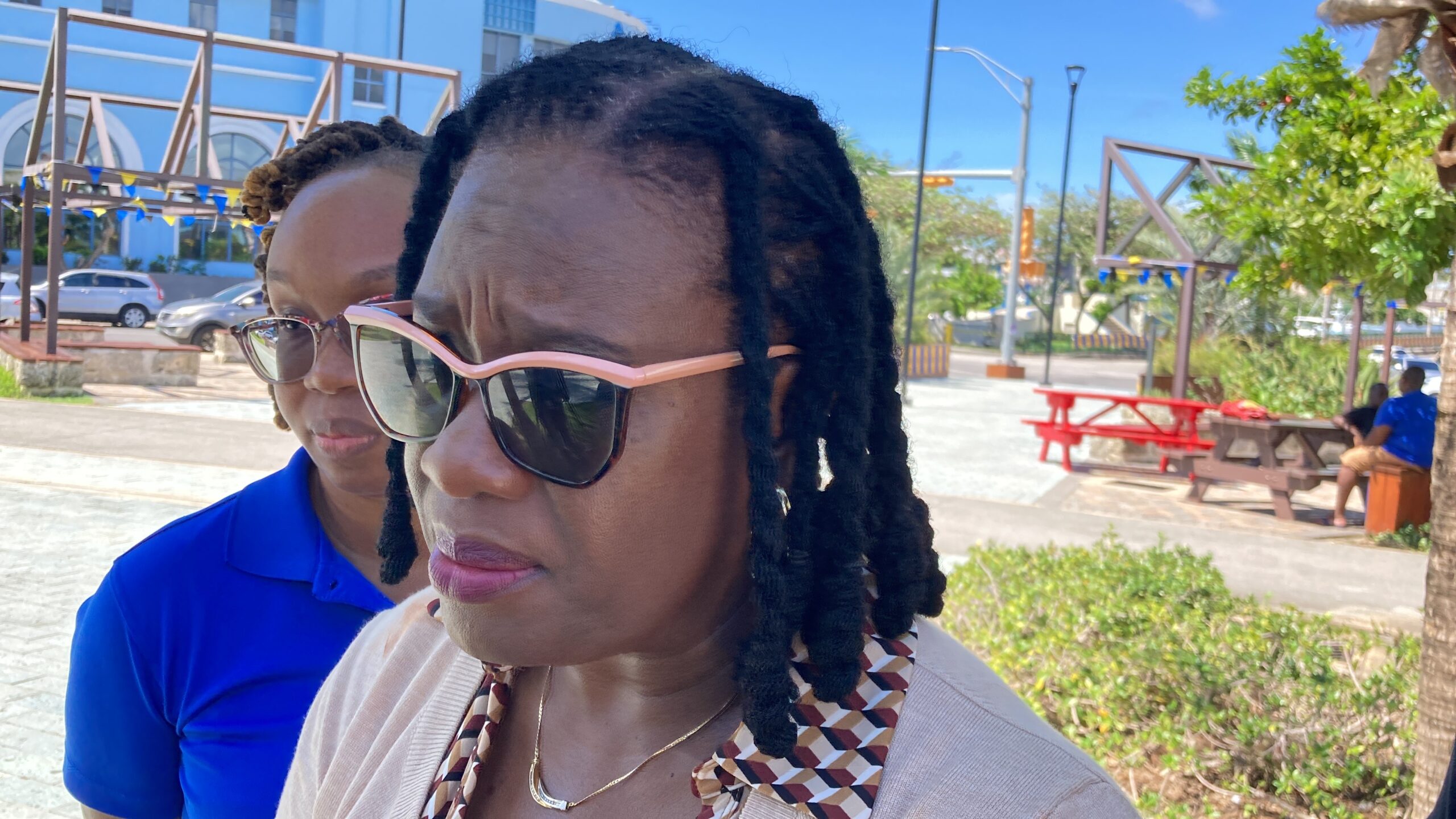Cheryl Willoughby Urges Evidence-Based Solutions for Youth Crime Crisis in Barbados

November 3, 2024
Cheryl Willoughby, Director of CJRPU, highlights the urgent need for evidence-based, community-driven solutions to address youth crime crisis in Barbados. Collaboration and data-driven strategies are emphasized for effective crime prevention.
In light of the growing crisis of youth crime in Barbados, Cheryl Willoughby, Director of the Criminal Justice Research and Planning Unit (CJRPU), has made an urgent appeal for evidence-based, community-driven solutions.
Speaking during a youth-led breakfast prayer session in Golden Square Freedom Park to launch Crime Awareness Month 2024, she highlighted the troubling statistics on youth involvement in violent crime and the need for a collaborative approach to address these challenges.
The director revealed, “When we looked at the data quite recently, I was shocked to realise that over the past six months. And we looked at the average age of those persons accused for murder, that age group was 17 to 18.”
The previous year was equally concerning, with an average age of 16 for individuals involved in gun-related murders. “We have a lot of work to do,” Willoughby emphasised.
These statistics underscore the urgency of the problem, which Willoughby believes requires a data-driven response. “No longer can we afford to waste resources through anecdotally looking at programmes and determining what we believe are the best solutions for our young people,” she stated. She stressed that evidence-based decision-making is essential for effective crime prevention strategies in Barbados.
She made it clear that addressing youth crime cannot be accomplished in isolation. “We cannot accomplish this task working in silos. We have to work together. We have to encourage each other,” Willoughby urged. Drawing on a saying from Prime Minister Mia Mottley, she added, “Many, many hands make light work. So we have to work together.”
The CJRPU has been partnering with the National Peace Programme and the Minister of State in the Office of the Attorney General to develop programmes that directly address crime prevention. This partnership, she believes, ensures that resources are used effectively and that the programmes are “led by evidence.”
The unit’s research has identified low educational attainment as a significant factor in youth crime, with a recent study finding that the majority of the participants had low educational attainment, as many of the subjects polled suggested they did not complete school. This lack of education often correlates with criminal behaviour, underscoring the need for programmes that help youth complete their education and build life skills.
To engage young people and offer alternatives to crime, Willoughby and her team have organised a series of community-focused events throughout Crime Awareness Month. These activities include a “youth speak-off,” community gatherings with games, a football match between at-risk communities, and an awards ceremony to recognise young people who have made positive progress through intervention programmes. In addition, a webinar on recidivism will present recent findings and offer insights into preventing re-offending among young people.
It is hoped that these events will “highlight the youth that have come through the programme… [and] give them awards for the good work they’ve done and progress they’ve made.”
One of Willoughby’s key recommendations is to strengthen community policing efforts, particularly through the Resident Beat Officer Scheme. This initiative places officers within schools and at-risk communities to build trust and relationships. She believes that strategic policing requires a proactive crime prevention element. (RG)


